This is a list of dates I researched for a Computer Science Project
November 11, 1918: Monday
This was the day that the armistice was signed by the Germans ending World War I.
Europe was in shambles from the War.
This is a picture of a US city on Armistice Day.
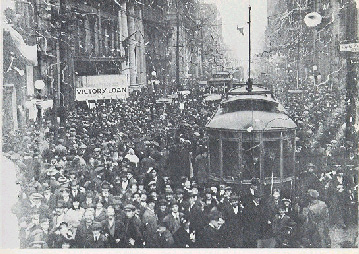
December 7, 1941: Sunday
The day Pearl Harbor was attacked by the Japanese, bringing the United States into World War II.
2,335 service men and 66 civilians were killed as a result of the attack.
Eight battleships were damaged with five sunk.
The U.S.S. Arizona was hit with the worst blow of the attack when it was struck by a 1,760 pound bomb, which
exploded all the ammunition on board. 1,177 men died on the Arizona.
 |
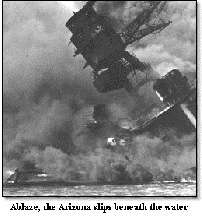 |
June 6, 1944: Tuesday
This was the day of the D-Day Invasion at Normandy by the Allies in World War II.
This was the start of the downfall of Hitler's Empire in Europe.
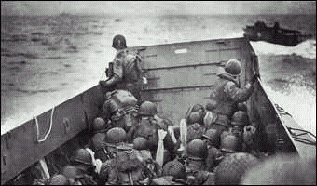 |
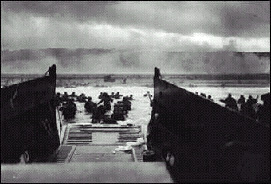 |
May 7, 1945: Monday
Germany signed an unconditional surrender at Gen. Dwight D. Eisenhower's headquarters in Rheims, France.
This ended the European stage of World War II.
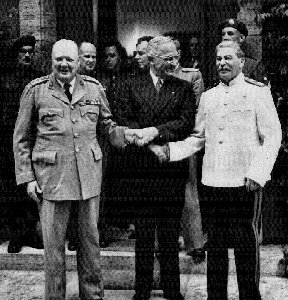 |
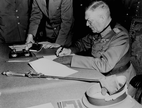 |
May 21, 1948: Friday
Mr. Hagen's Birthday!
October 8, 1956: Monday
Don Larson (New York Yankees) became the only pitcher in World Series history to throw a no-hitter and a perfect game,
the unlucky team: the Brooklyn Dodgers.

October 4, 1967: Friday
The Russians launched Sputnik on the date - it was the first artificial satellite.

November 23, 1963: Saturday
President Lyndon B. Johnson proclaims Nov. 25 a day of national mourning following the assassination of President John F. Kennedy.
The President died on the 23rd after being shot on November 22, 1963.
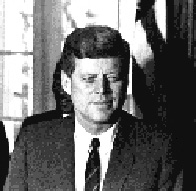 |
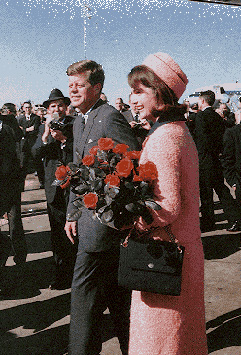 |
July 20, 1969: Sunday
This day was the day that Buzz Aldrin and Neil Armstrong landed and set foot on the moon.
 |
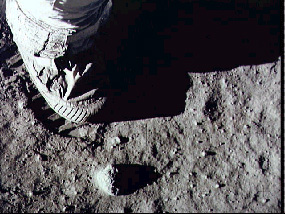 |
August 9, 1974: Friday
Richard Nixon resigned from his office at noon.
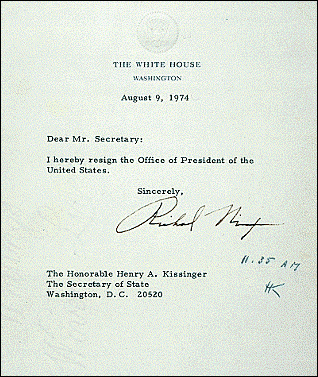 |
 |
September 19, 1998: Saturday
Cal Ripkin, Jr. of the Baltimore Orioles ended his 2,500 consecutive games streak on this day.
He was greeting by a standing ovation by the crowd in the sixth inning.

Go back to the start page for the Day Program.